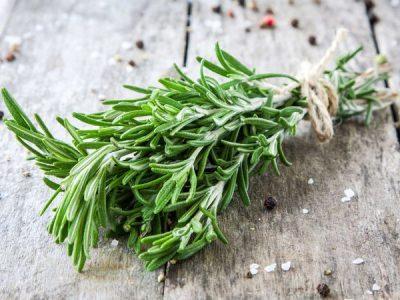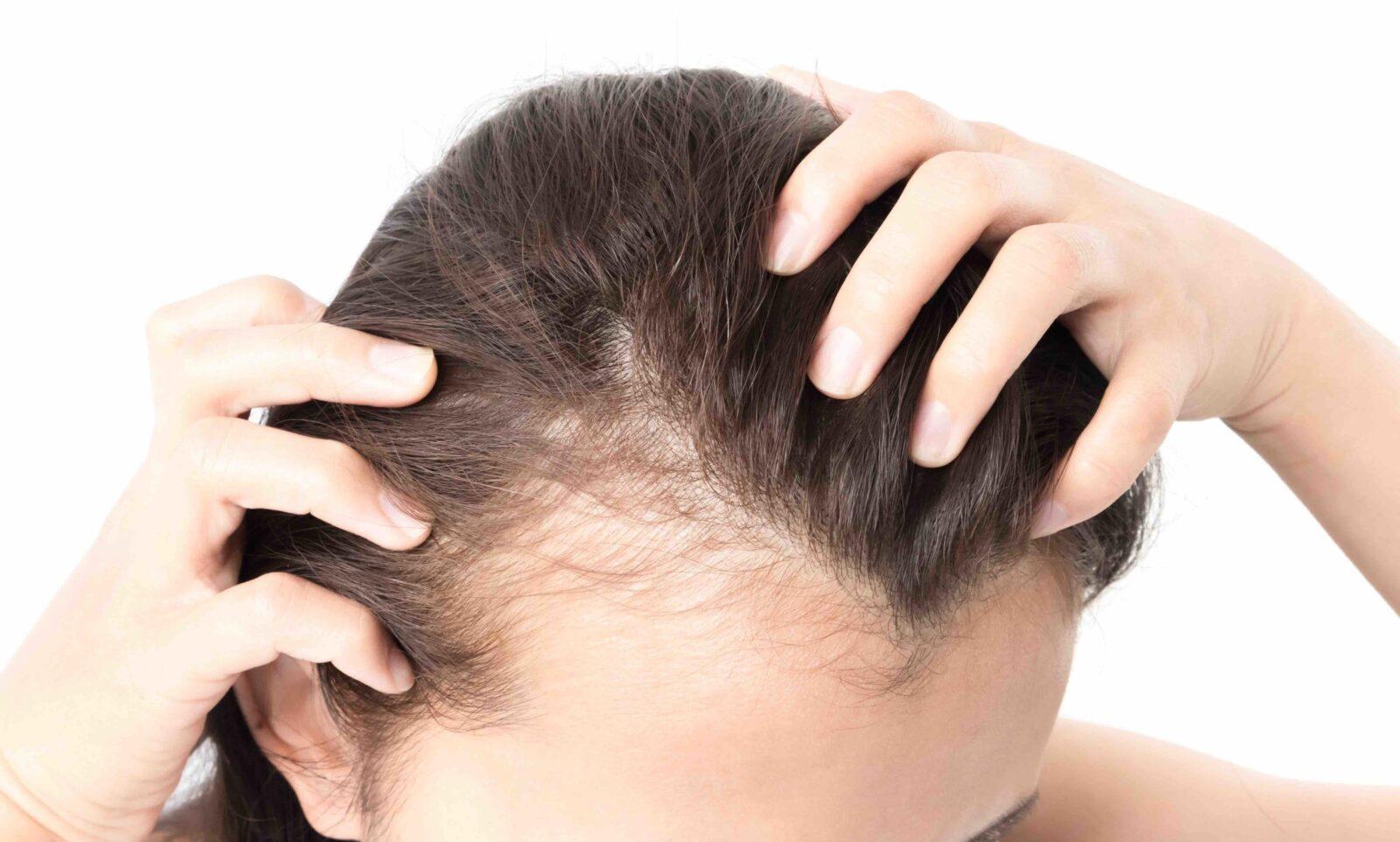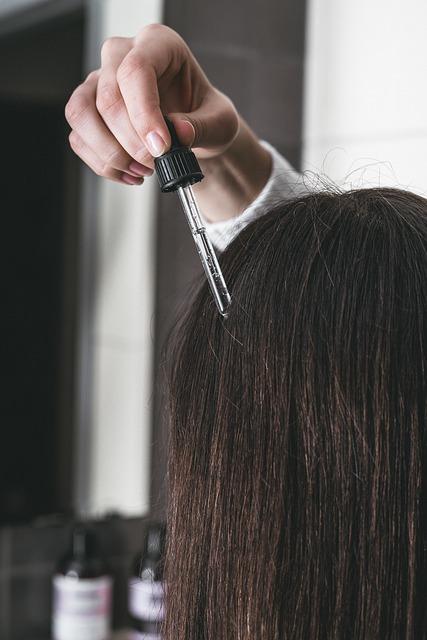In the intricate symphony of our bodies, hormones play the role of the unseen conductor, orchestrating everything from mood swings to metabolism. However, when this delicate balance tips, it can manifest in unexpected ways, one of the most distressing being hair loss. For many, the sight of thinning strands can feel like losing a part of oneself, prompting a search for solutions that go beyond the conventional. In a world increasingly drawn to natural remedies, exploring holistic approaches to combat hair loss related to hormonal imbalances offers a beacon of hope. This article delves into the gentle power of nature, unveiling a range of strategies that not only nurture your locks but also restore harmony within. Join us as we explore the paths less traveled, where ancient wisdom meets modern understanding, in the quest for vibrant, healthy hair. Herbal Remedies for Hormonal Hair Loss”>
Herbal Remedies for Hormonal Hair Loss”>
Herbal Remedies for Hormonal Hair Loss
When it comes to addressing hair loss caused by hormonal imbalances, turning to nature can provide gentle yet effective solutions. Herbal remedies have been used for centuries to promote healthy hair growth and restore balance within the body. Here are some noteworthy herbs that may help in your journey:
- Saw Palmetto: Known for its ability to block the conversion of testosterone into DHT, a hormone linked to hair loss, Saw Palmetto is a popular choice for supporting hair health.
- Rosemary: With its stimulating properties, rosemary oil can improve blood circulation to the scalp, encouraging hair follicles to thrive.
- Licorice Root: This herb is believed to balance hormones naturally and may help soothe the scalp, reducing hair loss associated with hormonal fluctuations.
- Ginseng: Often hailed for its rejuvenating properties, ginseng can enhance hair growth by fortifying hair follicles and increasing scalp blood flow.
Incorporating these herbs into your routine, whether through topical applications, teas, or supplements, can offer a holistic approach to managing hair loss. Remember, consistency is key, and it’s always wise to consult with a healthcare professional before starting any new herbal regimen.

Nutritional Strategies to Support Hair Growth
Addressing hormonal imbalances to support hair growth naturally involves a focus on nutrition that can fortify hair follicles and enhance scalp health. Embracing a diet rich in essential nutrients is key. Here are some nutritional strategies to consider:
- Omega-3 Fatty Acids: Found in foods like salmon, walnuts, and flaxseeds, these essential fats help reduce inflammation and promote a healthy scalp environment.
- Biotin: Often referred to as vitamin B7, biotin is vital for hair health. Incorporate biotin-rich foods such as eggs, almonds, and sweet potatoes into your diet.
- Zinc: This mineral plays a crucial role in hair tissue growth and repair. Foods like pumpkin seeds, chickpeas, and spinach are excellent sources.
- Iron: An iron deficiency can lead to hair loss. Boost your iron intake with lentils, tofu, and leafy greens.
- Antioxidants: Combat oxidative stress by consuming antioxidant-rich foods like berries, green tea, and dark chocolate.
Incorporating these nutrient-dense foods into your daily meals not only supports hair growth but also contributes to overall well-being. Consider consulting a nutritionist for personalized advice, ensuring that your dietary choices align with your body’s specific needs.
Mindful Practices for Balancing Hormones
Embracing mindful practices can play a significant role in balancing hormones naturally, which in turn can help mitigate hair loss. Incorporating mindfulness meditation into your daily routine can reduce stress levels, a known factor in hormonal imbalance. By focusing on your breath and being present in the moment, meditation helps lower cortisol levels, paving the way for a more balanced hormonal state.
Additionally, consider the following mindful activities to support hormonal health:
- Yoga: Engage in yoga poses that target endocrine health, such as the bridge pose and seated forward bend, to stimulate hormone-producing glands.
- Aromatherapy: Use essential oils like lavender or clary sage to promote relaxation and hormonal equilibrium.
- Gratitude Journaling: Keep a daily journal to reflect on positive experiences, which can foster a positive mindset and reduce stress-induced hormonal fluctuations.

Essential Oils and Their Role in Hair Health
In the quest for restoring hair health, especially when dealing with hormonal imbalances, essential oils emerge as a powerful ally. These natural extracts are renowned for their therapeutic properties, which can stimulate hair growth, strengthen follicles, and enhance scalp health. Lavender oil, for instance, is celebrated for its ability to promote hair growth by increasing blood circulation in the scalp. Rosemary oil is another popular choice, known for its potential to improve cellular generation, which can lead to thicker, fuller hair.
Here are some essential oils that can be beneficial for hair health:
- Tea Tree Oil: Known for its antimicrobial properties, it helps to clear hair follicles and promote hair growth.
- Peppermint Oil: Its cooling effect can improve blood flow to the scalp, which may boost hair growth.
- Cedarwood Oil: Believed to balance oil-producing glands in the scalp, it can contribute to hair thickness.
For best results, these oils should be diluted with a carrier oil, such as coconut or jojoba oil, before application. Consistent use, combined with a healthy lifestyle, can yield noticeable improvements in hair health over time.








